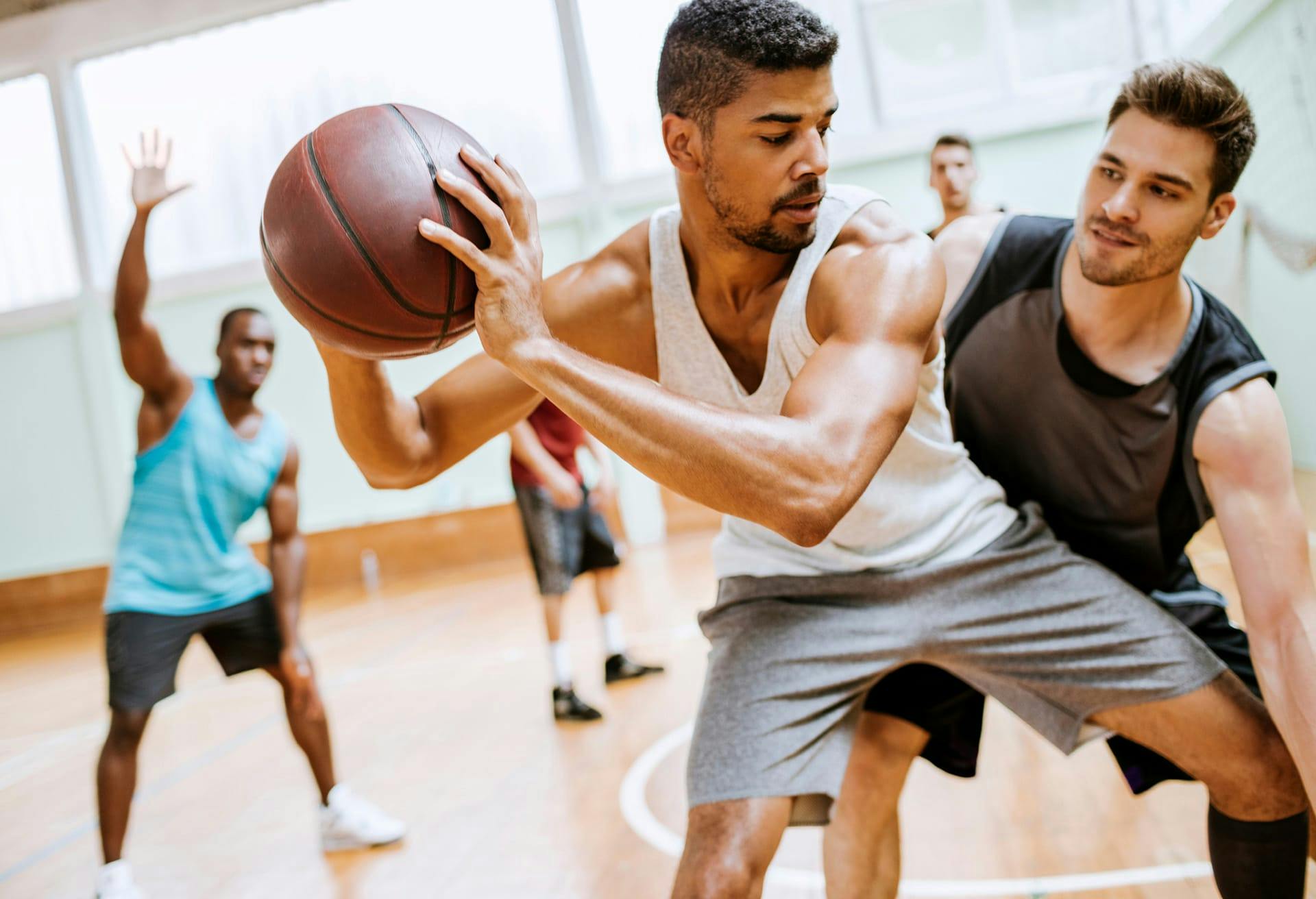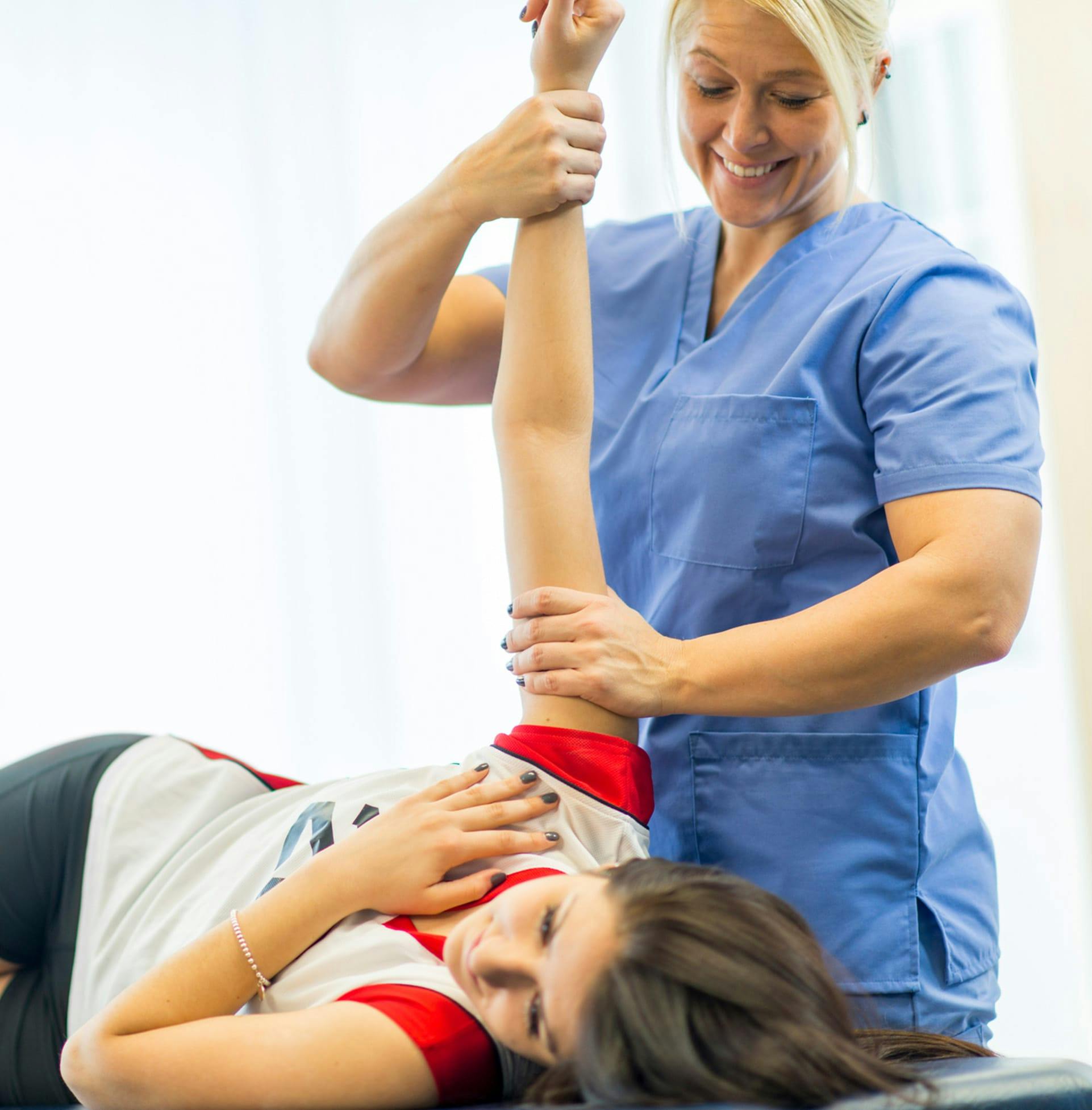Whether you're a professional athlete, a weekend warrior, or a fitness enthusiast, sports injuries can happen while engaging in athletic activities. Our team of highly skilled physicians is well-equipped to diagnose and treat a wide range of sports-related hand, wrist, and elbow injuries.
Same-day appointments with sports injury specialists in Chicago
Sports injuries can result from accidents, improper techniques, or lack of conditioning. When you experience a sports-related injury, it is crucial to avoid pushing through the pain. Seeking timely medical attention is essential to prevent further harm and ensure proper healing. Our board-certified physicians are experienced in treating various sports injuries with a patient-centered approach. And because you deserve the best care, we offer same-day appointments with a specialist rather than a mid-level medical professional.








